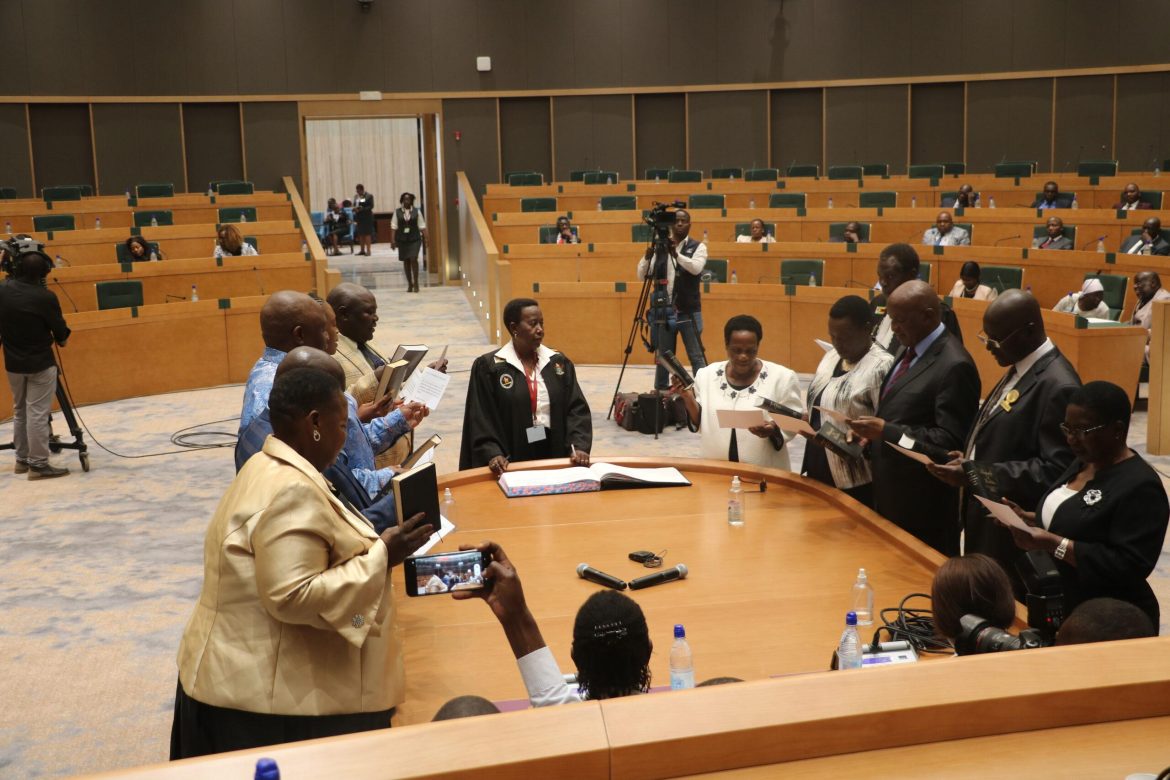HARARE – Parliament is facing heated debate over a controversial motion introduced by ZANU PF MP Joseph Mapiki seeking the adoption of a National Ideology framework, a move opposition legislators have described as a push for the “ZANU-fication” of the State, warning it could pave the way for repression of dissent and erosion of civil liberties.
The proposal, currently under discussion in the National Assembly, would see the concept of a legally enforced National Ideology embedded into Zimbabwe’s political, civil, and educational systems — including primary schools, tertiary institutions, and the public service.
According to MP Mapiki, the aim is to entrench patriotism and strengthen a unified Zimbabwean identity across all sectors of society. “We need a guiding philosophy as a people. Other nations have it — we too must have one that fosters unity and loyalty to the State,” he said.
But the motion has drawn sharp criticism from opposition lawmakers, particularly from the Citizens Coalition for Change (CCC), who fear it will be used to criminalise opposing views and suppress political diversity.
Lynnette Karenyi-Kore, a CCC MP, warned that institutionalising patriotism through law amounts to ideological control and violates constitutional rights such as freedom of thought, opinion, and expression.
“Our Constitution guarantees freedom of thought, opinion and expression. To enforce patriotism legally would infringe upon these basic rights, Madam Speaker,” she said during the debate.
“Creating a legal framework compelling ideological loyalty undermines democracy and pluralism. History has shown us that once states begin controlling ideology, state abuse, censorship and suppression of dissent follow.”
The ruling ZANU PF party has already made moves to introduce ideological education through its Herbert Chitepo School of Ideology, initially aimed at party cadres but now proposed for civil servants and school curriculums nationwide. If passed, the motion would allow the Herbert Chitepo School to influence public administration and education policy more broadly.
Another CCC lawmaker, Gladys Hlatywayo, argued that the proposed ideology law risks transforming national institutions into party vehicles. She described the motion as “legislating the ZANU-fication of the State.”
“Terms such as ‘national interest’ are often euphemisms for advancing ruling party interests,” she said. “Legislating patriotism might erode freedoms of speech, assembly, and association — all of which are protected in our Bill of Rights.”
Hlatywayo also criticised the wording of the motion, especially its closing “prayer” — a formal parliamentary clause that could, if passed, grant significant authority to the executive to begin rolling out ideological frameworks with minimal public scrutiny.
“The proposed prayer has a chilling effect on public discourse,” she added. “Open, honest public debate — essential to democratic development — may be discouraged as fear grips the country.”
Supporters of the motion within ZANU PF argue that national identity and patriotism have been diluted by what they describe as “imported values” and the growing influence of external forces and NGOs. They claim the ideology will serve as a cultural anchor in post-colonial Zimbabwe and support unity, development, and economic transformation.
But opposition figures remain sceptical, pointing to Zimbabwe’s long history of using security laws and loyalty tests to marginalise dissenters.
Legal experts have also weighed in, cautioning that a poorly defined ideological law could conflict with existing constitutional protections, especially if interpreted broadly by the executive or used selectively against opposition figures, journalists, or activists.
Civil society groups, including the Zimbabwe Human Rights NGO Forum and Veritas Zimbabwe, have called for wider public consultation before any such framework is considered. They argue that any national ideological direction must emerge organically through public consensus, not partisan legislation.
As Parliament continues its deliberations, the proposed ideology law may become a defining issue in the struggle over Zimbabwe’s democratic space, with citizens watching closely to see whether the framework will promote unity — or silence.
